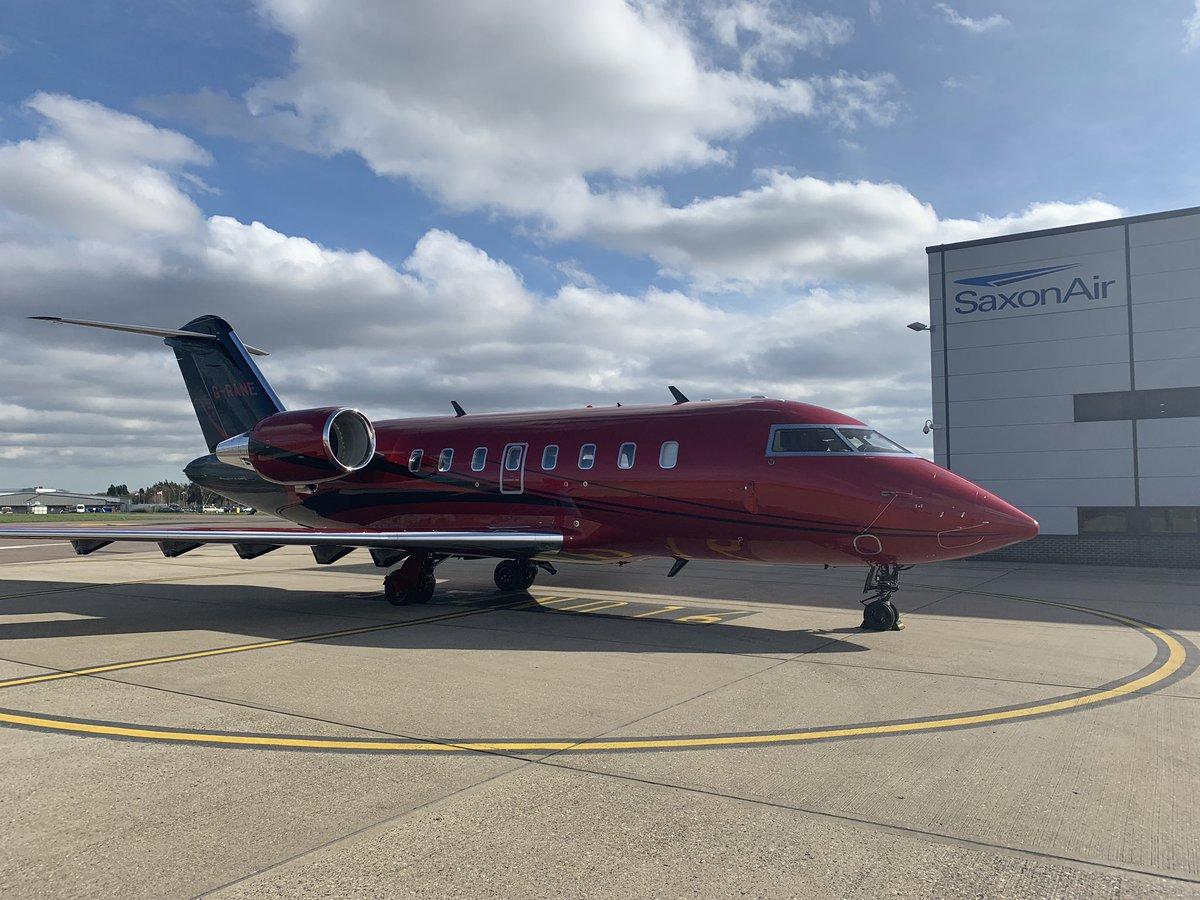
LONDON—As metrics go, the one described by British Business and General Aviation Association (BBGA) CEO Marc Bailey is emphatic.
“Whatever traffic we did have up until the beginning of this week was probably around the 20% mark,” he says, referring to year-on-year passenger numbers arriving into the UK via private aviation. “As from (June 8), this is down to zero.”
The change that has nipped British business aviation’s nascent recovery in the bud is the UK government’s imposition of a 14-day quarantine on passengers arriving in the country. The measure went into effect at midnight on June 8.
The quarantine will be reviewed every three weeks, with no changes to its initial implementation expected before the first of those scheduled reviews, on June 29. Unless passengers are arriving from the Republic of Ireland, the Channel Islands or the Isle of Man, or are covered under a list of 42 different categories, [https://www.gov.uk/government/publications/coronavirus-covid-19-travell…] they are required to provide an address at which they will self-isolate for 14 days. Spot checks will be carried out to confirm compliance. Those breaking the quarantine face a fine of £1,000 ($1,300).
The government maintains the quarantine is necessary to reduce the risk of a second spike in COVID-19 infections and is guided by scientific advice. Critics have called the move “irrational. The UK’s three biggest airlines have begun legal action to have the quarantine restrictions reversed.
“We tried to put through an alternative means of compliance,” Bailey says of efforts made by the BBGA and others across the business aviation sector prior to the quarantine’s imposition. Those measures included strengthening the sector’s innate ability to facilitate the UK’s 2-m distancing requirements—both on board and at fixed base operators—and adding a Public Health England-approved testing regime for crew and passengers both before embarking and on arrival.
The effect of the quarantine on operators is twofold. Not only are prospective clients postponing decisions on bookings, but the sector is also going to struggle to capitalize on recent societal-acceptance progress.
“A year ago, we as a sector were in an incredibly defensive position,” says Alex Durand, CEO of SaxonAir Charter Ltd., an operator of fixed- and rotary-wing business aircraft that also runs an FBO at Norwich Airport. “There’s environmental kickbacks, and the focus on private aviation all being about the super-wealthy. With the repatriations we were going through ... and the fact that the government straight away reached out to the sector to participate in the rapid deployment of resources, that has changed the narrative in a really positive way.
“But the question is, who’s going to be left to see that truth come round? I don’t think the quarantine is as terminal as everyone’s portraying, but it is awful,” he continued. “The weekend before last, we had as many visiting aircraft in one weekend as we had in the whole of April, but that’s just stopped. Forward bookings for June have been pulled; the few charter flights we were starting to take had to be canceled. We were seeing a recovery, and it has stopped dead in its tracks.”
Durand is critical of the way the measures were brought in and the limited notice given operators.
“We only found out through a third party what the rules were on Friday [June 5],” he says. “We knew it was coming and we knew it was going to be last-minute, so to a degree we were geared up. We’re used to adapting things at short notice, but it’s not ideal.”
The kind of adaptation Durand refers to is considerable. SaxonAir operates flights between the UK and Europe, but also within continental Europe. With the imposition of the UK quarantine, the company has refocused its operations on the latter.
“We needed to redo our assessments for the operating environment: how do we get our pilots to the aircraft and stay in Europe? [It was a] total, 180-degree change in the asset use within a week, because of a piece of legislation that was clarified at the last minute,” he said. “We still have some good ambitions, [but] it’s all negative, defensive work at the moment.”
Both Bailey and Durand remain optimistic that the June 29 review will see further exemptions to the quarantine, if not its withdrawal entirely. The BBGA is working to ensure that improved, lower-cost testing is available and approved for use by its members ahead of the hoped-for opening of so-called “air corridors” for quarantine-free travel between the UK and specified other nations. Together, these could allow for a resumption of international business flying by the June 29 review.
“I would hope that our medical argument is listened to by then and that we’ll be in a position to have a network,” Bailey says. “I think things could move that quickly. I’ll be very disappointed if we don’t come out of our current limitations at that review point.”
